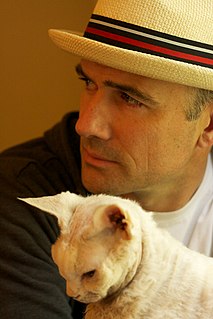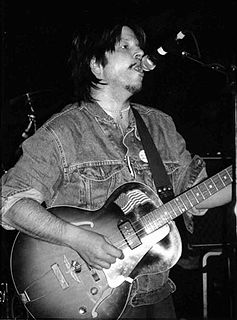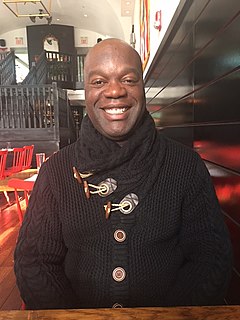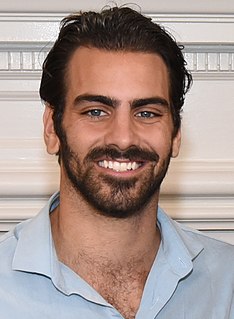A Quote by Kathryn Schulz
Parading our own brilliance and exulting in other people's errors is not very nice. For that matter, even wanting to parade our own brilliance and exult in other people's errors is not very nice, although it is certainly very human.
Related Quotes
It's very fashionable to talk about human trafficking, in this fantastic A-C hall. It's very nice for discussion, discourse, making films and everything. But it is not nice to bring them to our homes. It's not nice to give them employment in our factories, our companies. It's not nice for our children to study with their children. There it ends. That's my biggest challenge.
Progress is the exploration of our own error. Evolution is a consolidation of what have always begun as errors. And errors are of two kinds: errors that turn out to be true and errors that turn out to be false (which are most of them). But they both have the same character of being an imaginative speculation. I say all this because I want very much to talk about the human side of discovery and progress, and it seems to me terribly important to say this in an age in which most non-scientists are feeling a kind of loss of nerve.
I do work really hard to be nice to people. Well, actually, I think it doesn't take much effort to be nice to people, so why shouldn't we all be nice to each other? But I do appreciate very much a woman who is in a position of power who is unapologetic about her position and her belief in her own abilities.
I am sure," cried Catherine, "I did not mean to say anything wrong; but it is a nice book, and why should not I call it so?" "Very true," said Henry, "and this is a very nice day, and we are taking a very nice walk, and you are two very nice young ladies. Oh! It is a very nice word indeed! It does for everything. Originally perhaps it was applied only to express neatness, propriety, delicacy, or refinement—people were nice in their dress, in their sentiments, or their choice. But now every commendation on every subject is comprised in that one word.
He [Zampano] probably would of insisted on corrections and edits, he was his own harshest critic, but I've come to believe errors, especially written errors, are often the only markers left by a solitary life: to sacrifice them is to lose the angels of personality, the riddle of a soul. In this case a very old soul. A very old riddle.
Each of us is born brilliant. Then we spend the rest of our lives having our brilliance buried by people, circumstances, and experiences. Eventually, we forget that we ever had genius and special talents, and our brilliance is locked away in a vault deep within. So we settle for who we are, instead of striving for who we were meant to be.
If nature be regarded as the teacher and we poor human beings as her pupils, the human race presents a very curious picture. We all sit together at a lecture and possess the necessary principles for understanding it, yet we always pay more attention to the chatter of our fellow students than to the lecturer's discourse. Or, if our neighbor copies something down, we sneak it from him, stealing what he himself may have heard imperfectly, and add it to our own errors of spelling and opinion.
Being able to connect with people with similar taste and style also allows people to get to know us better. Although we have been around for a little, some people listen to our music and some people don't listen to our music, so it's nice to be able to curate the sounds and show our influences. Although it's nice to go out and look fancy and dress up, you don't always go to parties where the music is a good so it's nice to be in a position to bring the vibes and create the experience.

































